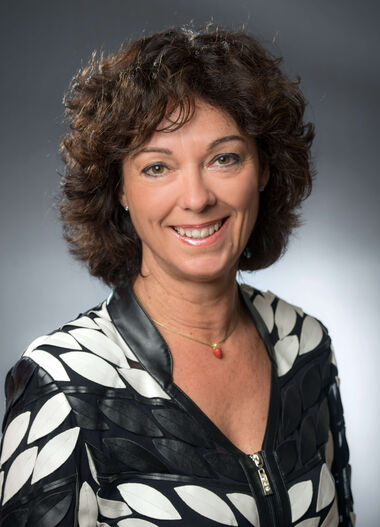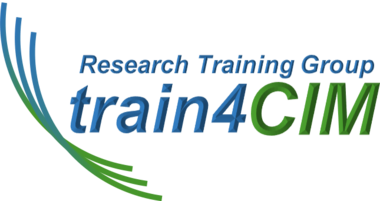Sektion Molekulare Immunologie

Prof. Dr. med. Yvonne Samstag
Universitätsprofessorin für Zelluläre Immunologie
Leiterin der Sektion Molekulare Immunologie am Institut für Immunologie
Sprecherin von AZKIM, KIG BaWü und train4CIM
Schwerpunkte unserer Forschungstätigkeit sind molekulare Mechanismen, welche die Aktivierung und Mobilität humaner Immunzellen steuern. Die präzise Regulation von Immunantworten ist notwendig, um einerseits Infektionen und Tumorzellen effektiv abzuwehren, andererseits aber auch um Autoimmunerkrankungen, chronische Entzündungen und Allergien zu vermeiden.
Im Mittelpunkt unseres Interesses steht die Identifizierung von (kostimulatorischen) Signalübertragungsvorgängen, die nach der Antigenerkennung auf Antigen-präsentierenden Zellen (z.B. Dendritischen Zellen) die funktionelle Immunantwort humaner T-Lymphozyten (T-Zellen) bestimmen. Insbesondere deren physiologische und pathologische Beeinflussung durch das umgebende Mikromilieu steht derzeit im Zentrum unserer Forschung. Komponenten dieser Signalwege stellen interessante Angriffspunkte für die prophylaktische oder therapeutische Feinregulation des Immunsystems (Immunmodulation) dar. Mehr...
Forschungsschwerpunkte
- Allergien und chronisch entzündliche Hauterkrankungen (SFB Transregio 156)
- Redoxregulation von T-Zellen und Tumorzellen / Immuntherapie (CAR T-Zellen) / Tumormetastasierung
- Regulation und Funktion von Aktin-modulierenden Proteinen
- Immunmodulation durch pflanzliche Wirkstoffe (www.cimresearch.org, www.azkim.de)
- Plastizität und neue Funktionen von Neutrophilen
News
Neueste Publikationen
Lairikyengbam et al. Comparative analysis of whole plant, flower and root extracts of Chamomilla recutita L. and characteristic pure compounds reveals differential anti-inflammatory effects on human T cells. Front Immunol. 15:1388962, 2024
Hesmert et al. Exploring the Gap: Attitudes, Knowledge, and Training Needs in Complementary and Integrative Medicine among Healthcare Professionals at German University Hospitals. Front Med (Lausanne) 11:1408653, 2024
Balta et al. Expression of TRX1 optimizes the antitumor functions of human CAR T cells and confers resistance to a pro-oxidative tumor microenvironment. Front Immunol. 13:1063313, 2022
Orlik et al. Keratinocyte-induced costimulation of human T cells through CD6 - but not CD2 - activates mTOR and prevents oxidative stress. Front Immunol. 13:1016112, 2022
Balta et al. Hijacked Immune Cells in the Tumor Microenvironment: Molecular Mechanisms of Immunosuppression and Cues to Improve T Cell-Based Immunotherapy of Solid Tumors. Int J Mol Sci. 22(11):5736, 2021

